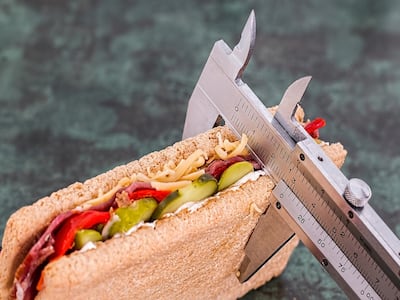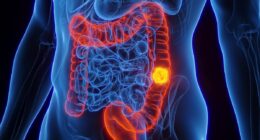
Weight loss is a journey that can be challenging but is ultimately achievable through evidence-based practices.
In pursuit of staying fit and losing weight, we often end up believing the myths and misconceptions. This happens because it becomes difficult to decide the correct diet and food. With so much information available, it’s easy to get perplexed about what’s effective. Some might say that you should avoid carbs while others might advise you to add some to your diet. So, how to decide? Always believe in the evidence-based sources that dispel the truth about the correct diet instead of fooling you. Remember that there’s no shortcut to achieving success, you need to work for shedding some extra pounds. Informed choices, consistency, and prioritizing your health are the only ways to get the desired results. Here we are going to debunk these myths as it is another essential step to take in your weight loss journey.
Myth 1: Skipping Meals Helps You Lose Weight
Skipping meals is not the best option to choose unless your dietician or nutritionist has planned a well-balanced diet for you. Skipping meals can have detrimental effects on your metabolism and overall health. When you skip meals, your body may slow down its metabolic rate to conserve energy, making it harder to burn calories efficiently. Moreover, skipping meals often leads to overeating later in the day, negating any potential weight loss benefits.
Myth 2: Carbohydrates Make You Gain Weight
Carbohydrates are often considered as an enemy if you want to lose weight but it isn’t a truth. Carbs are a crucial source of energy for the body, and they do not inherently cause weight gain. The key is to choose the correct carbohydrates like whole grains, fruits, and vegetables, which provide essential nutrients and fiber, keeping you fuller for longer. Avoid refined and sugary carbs.
Myth 3: Fats Are Your Big Enemy
Like not carbs are made equal similarly not all fats are equal. Healthy fats are necessary for your body so totally skipping them can be detrimental to health. Just remember to exclude saturated and trans fats found in processed foods and add healthy fats like those in avocados, nuts, seeds, and olive oil that support weight loss. Healthy fats provide satiety, promote nutrient absorption, and help regulate hormones, aiding in weight management.
READ RELATED: 5 Warning Signs of Vitamin B12 Deficiency You Should Never Ignore
Myth 4: Detox Diets Can Do Wonders
Detox diets and cleanses often promise rapid weight loss through severe calorie restriction and liquid-only diets. However, these approaches are not sustainable and can be harmful. Your body has its built-in detoxification systems, primarily the liver and kidneys. Instead of extreme measures, focus on a balanced, whole-foods-based diet and proper hydration to support your body’s natural detoxification processes.
Myth 5: All Calories Are Equal
While it’s true that calories matter in weight loss, not all calories are equal concerning nutrition and satiety. Consuming 100 calories of sugary soda is not the same as consuming 100 calories of vegetables. Whole, nutrient-dense foods provide more satiety and essential nutrients, making them a better choice for weight loss and overall health.
Total Wellness is now just a click away.
Follow us on
Don’t Miss Out on the Latest Updates.
Subscribe to Our Newsletter Today!
window.addEventListener(‘load’, (event) => {
$(‘#commentbtn’).on(“click”,function(){
(function(d, s, id) { var js, fjs = d.getElementsByTagName(s)[0]; if (d.getElementById(id)) return; js = d.createElement(s); js.id = id; js.src = “//connect.facebook.net/en_US/sdk.js#xfbml=1&version=v2.3”; fjs.parentNode.insertBefore(js, fjs);}(document, ‘script’, ‘facebook-jssdk’));
$(“.cmntbox”).toggle();
});
});







